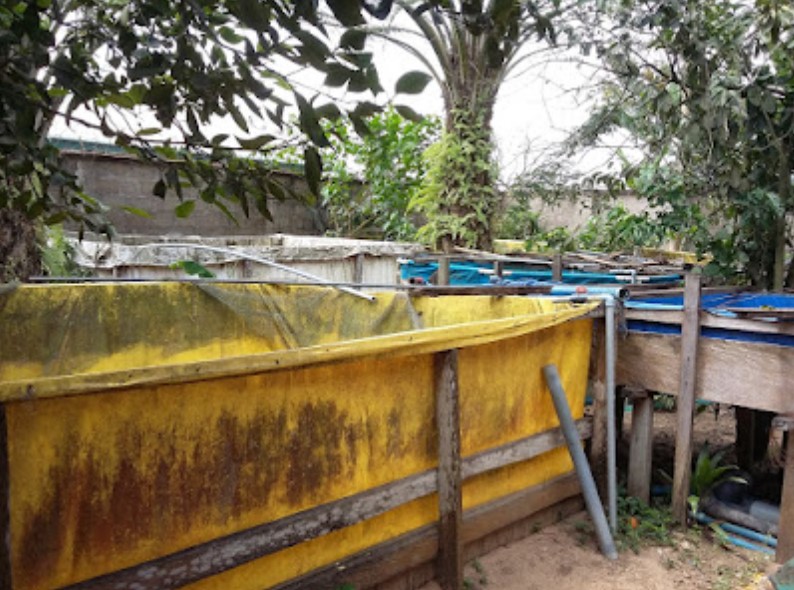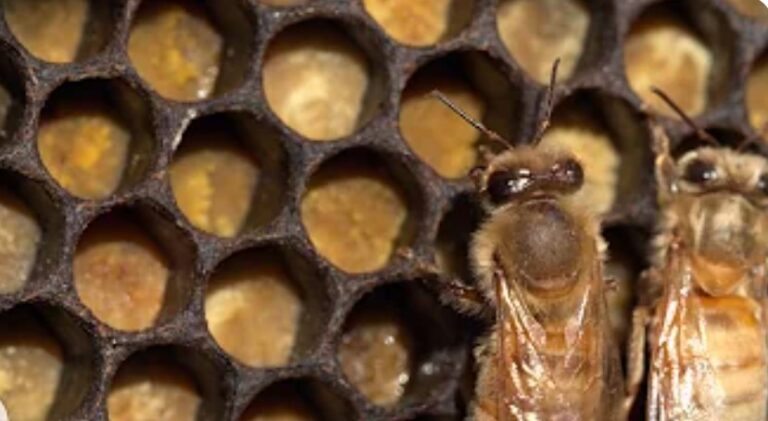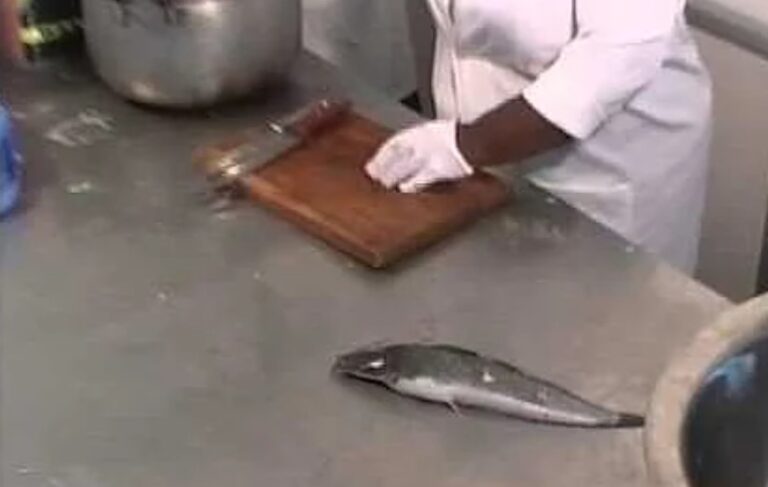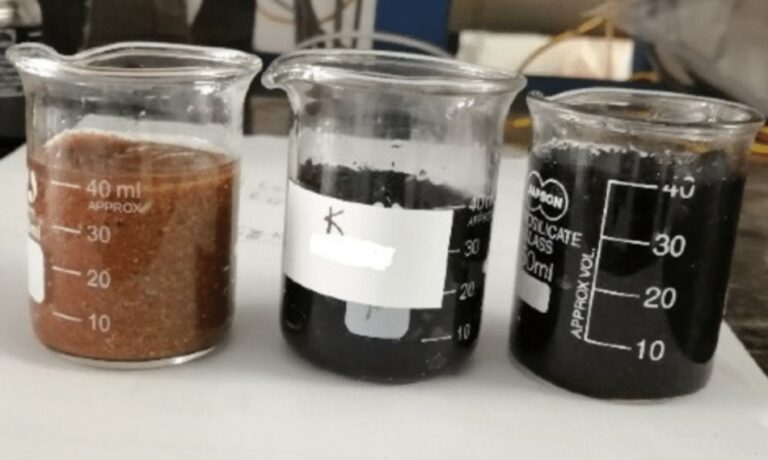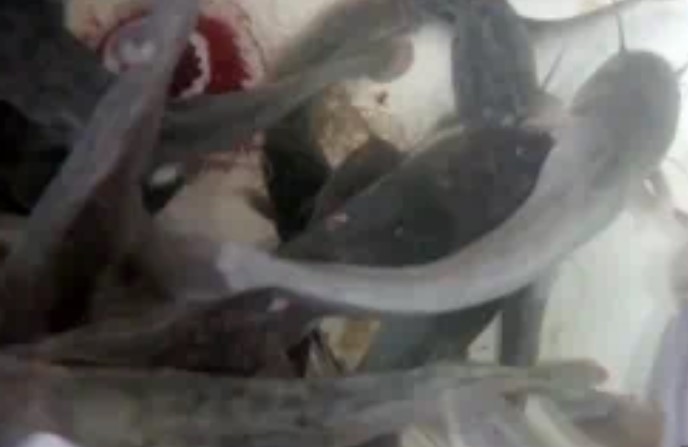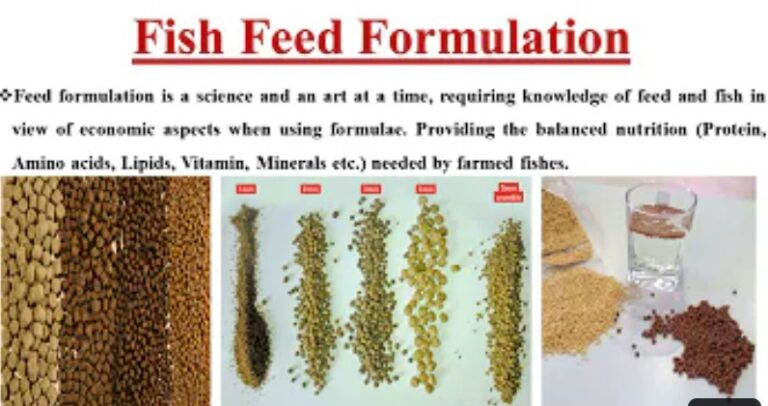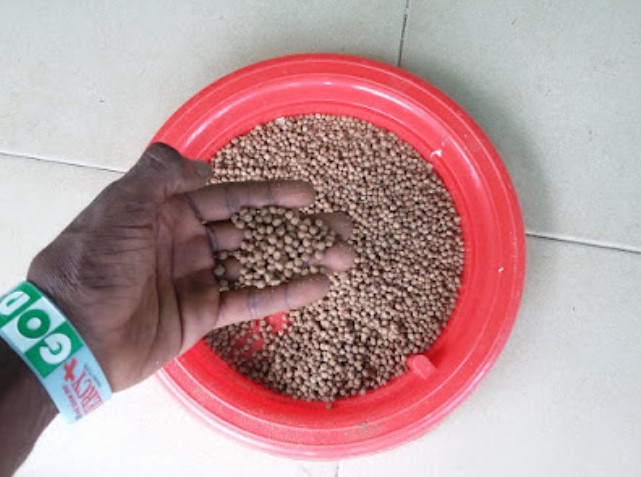Fish Farm: 7 Things to Consider Before Starting a Fish Farm
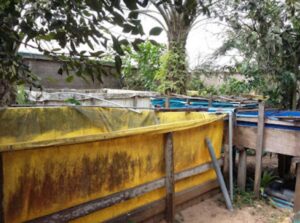
7 Things to Consider Before Starting a Fish Farm
Fish farming falls below the animal manufacturing sector of Agriculture, which can also be described as Aquaculture. Aquaculture is the farming of aquatic organisms — fishes, crustaceans, molluscs, and so on., in clean, salty, or brackish water. Fishes are a regarded supply of protein, and fish farming entails the deliberate increase and cultivation of fish in tanks or proper enclosures for harvesting as food or commercial causes.
in line with Conservation Worldwide, “Aquaculture has a lower environmental impact than cattle, pig and fowl farming.” The demand for fish grows on each day’s foundation given its – low energy and cholesterol degree – health benefits. The maximum commonplace species cultivated among farmers in Nigeria are Catfish and Tilapia. In fish farming, fish are raised in managed tanks or ponds, and the form of fish cultivated with the aid of farmers relies upon market call.
Starting a fish farm can have several advantages, including:
- Potential for profitability: Fish farming can be a profitable business, especially if the right species of fish are chosen and the farm is managed efficiently. With proper planning, investment, and market research, a fish farm can generate a steady income and contribute to the local economy.
- Reduced pressure on wild fish stocks: Fish farming can help reduce the demand for wild-caught fish, which can help protect wild fish populations from overfishing and habitat destruction. This can contribute to the conservation of marine and freshwater ecosystems.
- Control over the production process: Fish farmers have more control over the quality and quantity of their products compared to wild-caught fish. They can monitor and adjust the feed, water quality, and other environmental factors to ensure that the fish are healthy and grow quickly.
- Diversification of income: Fish farming can be a good way for farmers to diversify their income streams and reduce their reliance on traditional crops or livestock. It can also provide year-round employment opportunities and help mitigate the effects of climate variability.
- Health benefits of fish consumption: Fish is a nutritious source of protein, omega-3 fatty acids, and other essential nutrients. By producing high-quality, locally-raised fish, fish farmers can contribute to the health and well-being of their communities.
ELEMENTS TO RECOLLECT BEFORE BEGINNING A FISH FARM:
1. TECHNICALLY KNOW HOW / TO MAKE PLANS
Fish farming like some other hit businesses requires a considerable amount of planning, expertise, and abilities before venturing into it. An extensive study of fish manufacturing strategies and the fee of the system is necessary. While studying for a potential fish farm, you need to understand the conditions surrounding the proposed location, the water supply within the location, the quantity of water flowing from it, and the water’s rate and temperature. Also, the level of conduciveness of the systems around the fish farm and different natural assets available inside the place of jurisdiction must be taken into consideration.
You May Also Want to Know: Fish Processing and Handling
2. REGISTRATION/LICENSING
Registration makes your business legitimate. You will sign up with the corporate Affairs fee and additionally reap clearance from institutions associated with fish farming, which requires a good way to function.
3. THE SELECTION OF FISH TO CULTIVATE
Selecting the species of fish is crucial, to determine the best strategies – pond or tank. You can go for catfish or tilapia, understanding you need to select the right fish in your know-how. For novices, catfish is straightforward to domesticate.
4. Economic analysis
Production layout which includes creation drawings and specs, unique device lists, and expenses; working prices, the value of fingerlings, fish feed, power and fuel, labour, preservation, capsules, transportation; capital expenses, land & homes, building ponds/raceways, plumbing & pipes tanks & aerators, oxygen meters, nets & boots, and so forth.
5. ECONOMICS (start small)
This is getting commenced with much less than a hundred fingerlings. Having a regimented quantity of fish allows you – for a start – to manage the factors that come with fish cultivation, consisting of food, water, and weather conditions.
6. AVAILABLE MARKETS
You must bear in mind your market and those you want to target earlier than going into fish Farming. As soon as a market is to be had in your merchandise, then you’ll check if the call for is excessive all 12 months spherical for some or all your products; and still have an alternative advertising method and income plan in the situation of glut.
7. ENVIRONMENTAL ELEMENTS/DANGERS
Surroundings matter a lot due to the fact your farm is probably exposed to capability risks and threats along with vandals, insects, birds, snakes, and cats. The environmental situation could be affiliated with climatic conditions too, like the quantity of rainfall, sunshine, and so forth. Environmental conditions/risks decide the type of habitat to be built for fish farming.
Starting a fish farm can also have several disadvantages, including:
- Initial investment costs: Setting up a fish farm can require a significant amount of capital investment in land, equipment, and infrastructure. This can be a barrier for small-scale farmers who may not have access to financing.
- Technical knowledge and skills: Fish farming requires specialized knowledge and skills in areas such as aquaculture, water management, and fish health. Farmers who lack these skills may struggle to manage their farms effectively and produce high-quality fish.
- Environmental impacts: Fish farming can have environmental impacts, such as the release of excess nutrients and chemicals into the water, which can contribute to water pollution, algal blooms, and other ecological problems. Fish farming operations need to be managed carefully to minimize these impacts.
- Disease and mortality risks: Fish in a farm setting are more vulnerable to disease outbreaks and mortality than wild fish. This can be caused by poor water quality, inadequate nutrition, or pathogen exposure. Disease prevention and management can be a significant challenge for fish farmers.
- Market volatility: Fish prices can be volatile, and fish farmers may struggle to secure stable markets for their products. This can be particularly challenging for small-scale farmers who may lack the resources to market their products effectively.
- Legal and regulatory compliance: Fish farming is subject to various laws and regulations, such as environmental and health standards. Farmers need to comply with these regulations to avoid legal and financial penalties, which can be a challenge for those with limited resources or technical knowledge.
